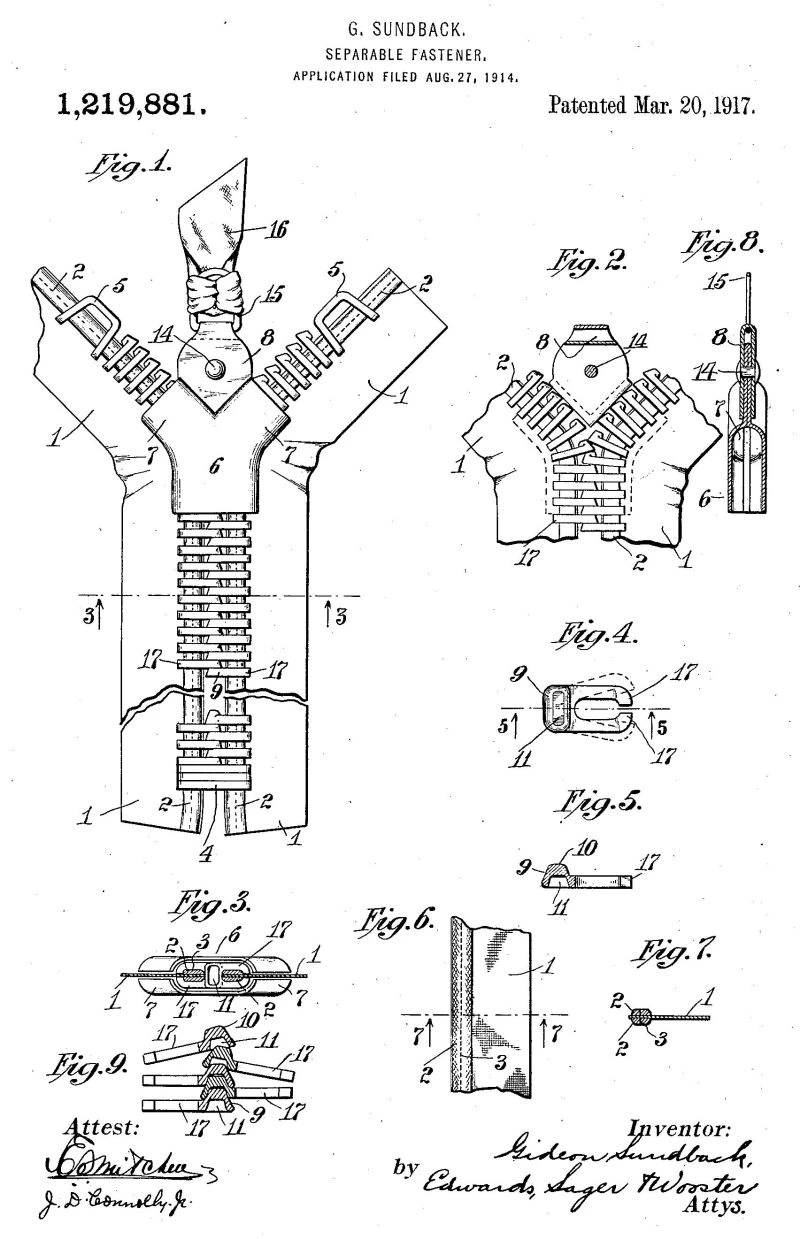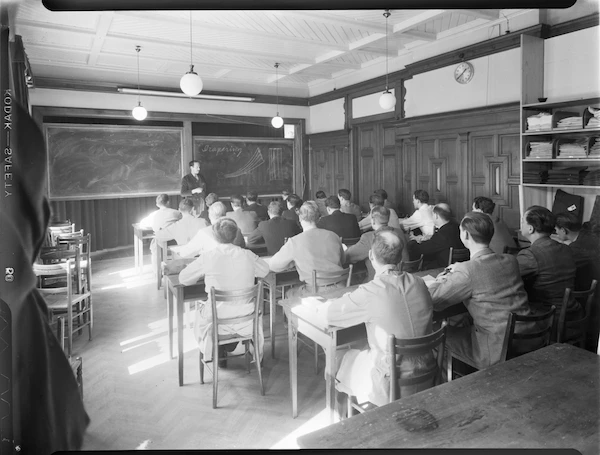Swedish AI Reform
Making AI accessible to 2.3 million Swedes
The latest in agentic AI free for all civil servants, students, teachers, research institutions, and non-profits in Sweden.
Today, we’re launching the Swedish AI Reform, an initiative co-led by the independent foundation Swedish AI-Reform, to make agentic AI freely available to 2.3 million Swedes over the next two years.
Qualified organization groups
- Civil servants
- Students
- Teachers
- Research institutions
- Non-profits
Drawing inspiration from Sweden’s transformative PC Reform of the 1990s, we aim to not only accelerate the next wave of Swedish innovation and public policy, but to empower future generations to thrive in an AI-first world.

The effect of the PC reform

Prime minister Carl Bildt in 1996
Sweden has a historic opportunity to become a world leader in the application of artificial intelligence.
The countries that act now will shape tomorrow. Those that hesitate will fall irreparably behind. As early as 2026, we could see AI systems smarter than a Nobel Prize winner across most fields ranging from biology and programming to maths, engineering, and beyond.

Anna-Klara Jönsson
Go-to-Market Manager, Sana

Olivia Elf
Head of Operations, Sana

Patrik Hjelm
Director of Product Design, Sana

Lauren Crichton
Director of Marketing, Sana
Our nation’s future competitiveness depends on how quickly and effectively we can adopt this transformative technology.
Starting today, every civil servant, student, teacher, researcher, and non-profit employee will have free access to the Civic tier of Sana Agents for the next two years.

Sweden’s ranking in the Global AI Index

Pacemaker

Zipper
AI is only as good as the context it’s given. With Swedish AI Reform, Sana empowers civic organizations to build AI agents that understand and act on their institution’s data–helping them find information, automate tasks, and solve complex problems.
We believe this could lead to transformative impact.



Transforming education
Students need to learn how to use agentic AI effectively and responsibly. We want to make Sana Agents available to students aged 13 and up while ensuring it is conducive to learning, and equip educators with the tools they need to reimagine education for an AI-first world.
- Student AI literacy: School and university students can develop the critical skills needed to leverage AI in their future careers.
- Curricula innovation: Teachers and program directors will be able to re-design programs and experiment with new teaching methods.
- Administrative operations: Educators can spend more time on teaching and mentorship with AI supporting in grading, reporting, and student onboarding.


“The Home PC reform raised digital competence across Swedish households. In the same way, the Swedish AI Reform aims to drive broad adoption of AI. We want to increase general understanding of AI in Sweden and make the tools accessible to as many Swedes as possible - across the public sector, civil society, and academia.”
Powering public good
Government institutions that embrace agentic AI won’t just improve efficiency—they’ll unlock new ways of serving their citizens. By equipping civil servants with the latest AI tools, we can build more responsive, data-driven institutions that solve problems before they arise.
- Urban infrastructure: Agencies can develop more responsive cities by predicting maintenance needs and optimizing resource distribution.
- Administrative operations: Civil servants will be able to shift their focus from managing bureaucracy to driving meaningful change with AI automating repetitive tasks like citizen enquiries and permit processing.

Swedish parliament

Swedish parliament
Unlocking social impact
Non-profits do crucial work with limited resources. AI agents grounded in organizational data can handle operations behind the scenes so staff can spend more time on advancing their missions.
- Donor engagement: Fundraisers can strengthen donor relationships with AI analyzing giving patterns, automating outreach strategies, and personalizing campaigns based on engagement history.
- Task automation: Staff will reclaim valuable time for mission critical work by handing over repetitive, administrative tasks like gift processing and grant management.
- Program development: Non-profit leaders can amplify their organization’s impact by leveraging AI to analyze program effectiveness and identify new funding opportunities.

Förstamajblomman
Advancing research breakthroughs
Despite global research effort rising substantially, research productivity is in sharp decline. We want Sweden’s scientists and research labs to increase their chances of finding the next Nobel prize-winning invention or cure.
- Combinatorial discoveries: Scientists can use agentic AI to analogize across domains and break the siloed nature of scientific research.
- Data analysis: Researchers will process vast datasets in seconds to uncover patterns and insights that might otherwise be missed.
- Research operations: Institutions can increase focus on innovation by offloading administrative tasks like drafting grant proposals and managing literature reviews.

The foundation
To make this possible, we co-created the Swedish AI Reform Foundation. This new, independent non-profit is committed to making advanced AI tools widely available across Sweden over the next two years.
We are funding the initial rollout, and private donations from Thomas von Koch, Bröderna Salén, Sven Hagströmmer, and Carl-Henric Svanberg will help us keep access open. Removing cost barriers for public institutions lets us put technology in the hands of those who need it most.
Our ambition is to help people amplify their own intelligence, not replace it. We see agentic AI as a concrete path for building national literacy and helping more people feel confident working with the tools that shape the future.
The Swedish AI Reform Foundation is different. We are not building new models or conducting fundamental research. Our focus is singular: to ensure as many as possible can use safe, proven AI tools that exist today but still feel out of reach for Sweden’s most important organizations.
Board members
Olof Hernell
Chief Digital Officer at Stegra
Nicklas Lundblad
Policy expert
Emma Frans
Researcher and author
Joel Hellermark
Founder and CEO of Sana
Donors
Sana
Thomas von Koch
Erik and Staffan Salén
Sven Hagströmer
Carl-Henric Svanberg

The Swedish AI Reform

